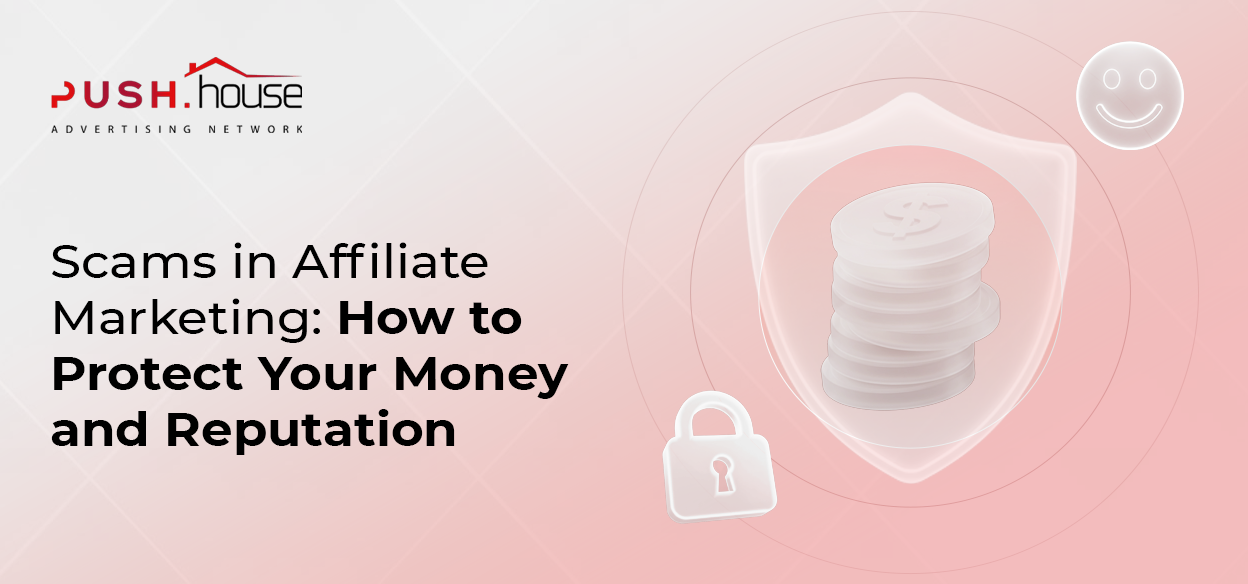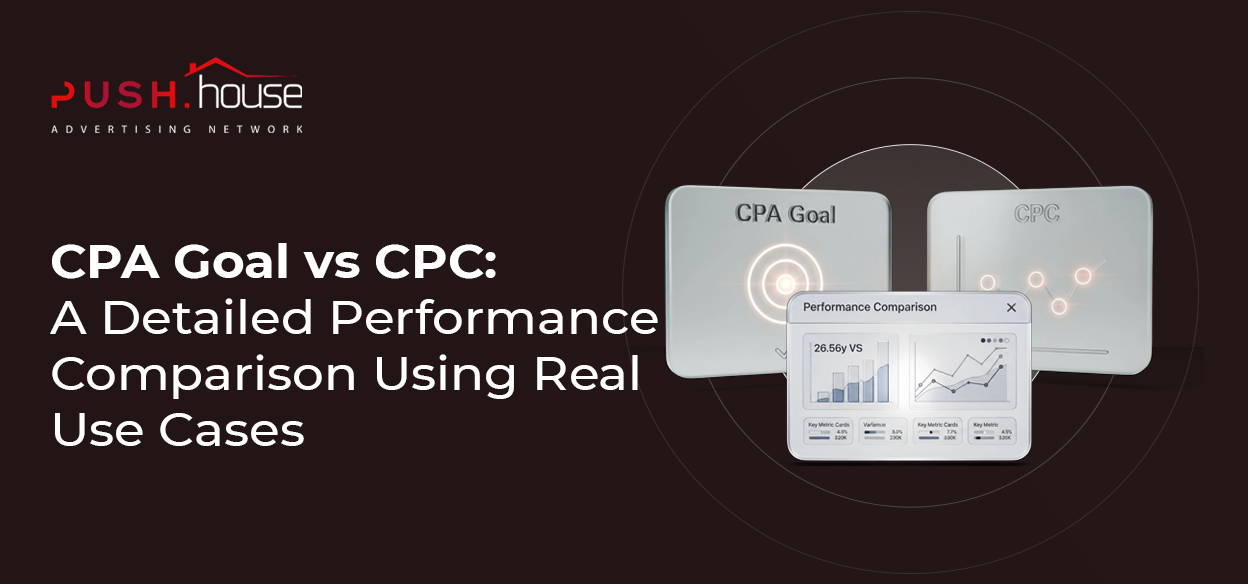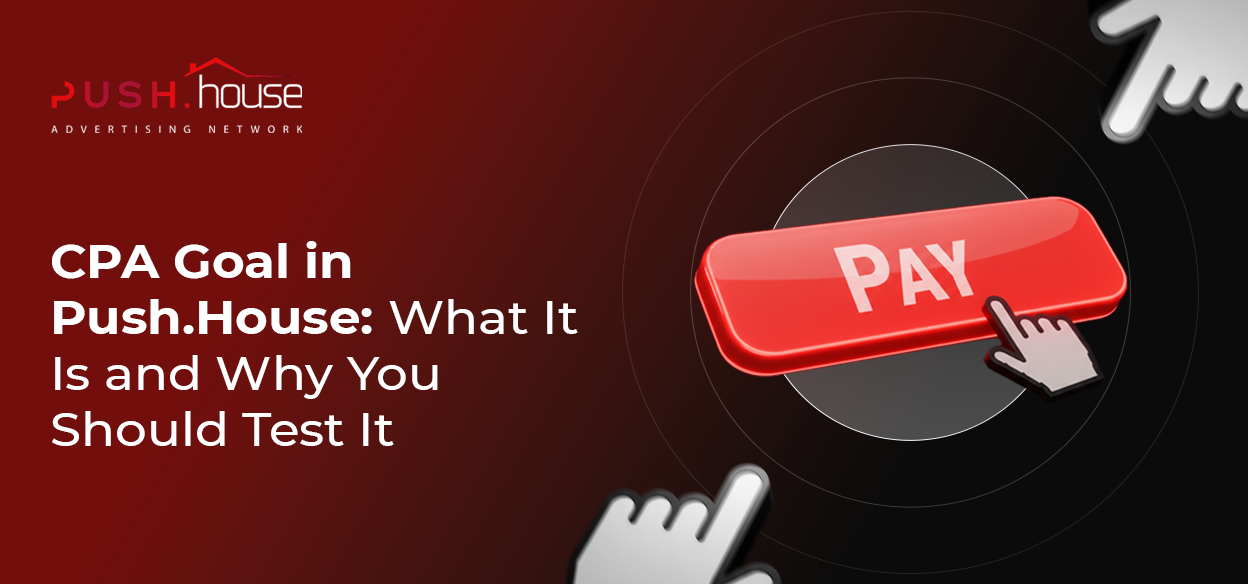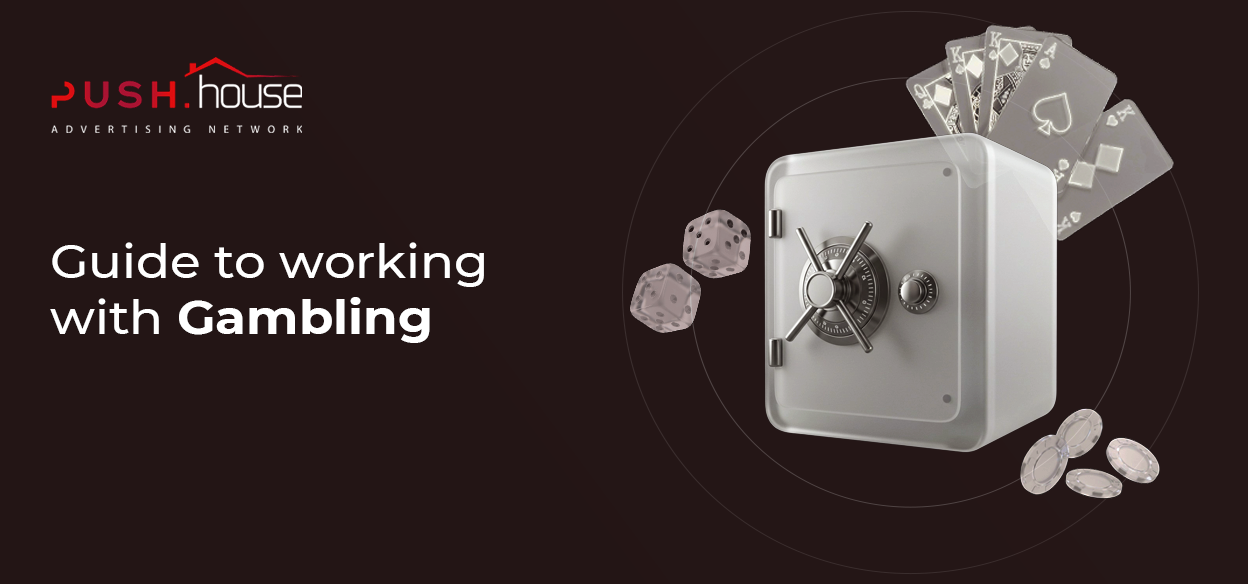
Scam in Affiliate Marketing: How to Protect Your Money and Reputation
Hello from Push.House!
Today, traffic arbitrage offers not only growth and earning opportunities but also a space where, unfortunately, scammers always find a way in. We often hear stories about webmasters and even entire teams falling victim to fraud. To avoid this, let’s dive into the most common scam schemes, how to differentiate real offers from traps, and why it’s crucial to stay honest with your partners and yourself. Let’s get started!
What Is a Scam in CPA?
In 2025, CPA marketing continues to grow. This attracts both honest webmasters and those looking to profit through deception. Such actions are called scams, and those who carry them out are known as scammers. Scam schemes are constantly evolving, so it’s important to always stay alert.
There are two main types of scams:
- Scams targeting affiliates – fraud against webmasters who drive traffic.
- Scams from affiliate networks – fraud by affiliates marketers targeting affiliate programs.
How Scammers Target Affiliate Marketers
Many believe that scammers only target beginners, but that’s far from true. Today, anyone can be deceived—especially when someone is desperate for money or access to an offer. Here are the most common scam schemes in 2025:
1. Selling “disposable resources”
This is the most popular scam. Scammers find niche chats and channels, sending bulk messages like “Top accounts and creatives at a low price.” If the webmaster agrees, after transferring the money, the seller disappears. Their account is blocked, and they’re impossible to find.
2. Fake Courses
Another form of scam is “training.” Scammers target beginners in chats, offering them “complete courses,” often with unrealistic results in examples. The result is always the same—you pay, and receive either a summary of freely available materials or nothing at all.
Often, after a free introductory session, they offer “full access” for money, including “mandatory resources” sold through their fake sellers.
3. Chats with Test Tasks
A particular type of fraud. The scammer creates a “team selection” chat, where beginners are asked to complete a test – driving traffic to a specific offer. They’ll need to buy “exclusive” disposable resources from a “trusted” seller (the same scammer). After payment, the chat disappears.
4. Paid Private Offers
Everyone wants access to private offers with high payouts. Scammers take advantage of this by offering “commission access” for money, claiming that it’s necessary for the affiliate network to verify your payment ability. Naturally, you’ll never see either the access or the money again.
Shave by Affiliate Networks
Scams aren’t only found among sellers and fake supervisiors. Sometimes affiliate networks themselves are guilty. Shave is the intentional reduction of leads you’ve generated to save on payouts.
Most often, shave looks like this:
- Statistics are reduced without explanation (e.g., seeing registrations but no deposits).
- Approval rates are artificially lowered (especially when order processing is done by a call center).
- Links redirect part of the traffic to other offers without your benefit.
- You may be unjustly accused of fraud and have your leads “trashed.”
This is why it’s essential to work only with trusted affiliate networks with transparent statistics and honest managers.
How Webmasters Scam Affiliate Networks
Now, let’s talk about another type of scam – the fraud committed by webmasters when they send “fake” traffic to affiliate networks. Fraud always carries the risk of account suspension and losing all payouts.
Important! The Push.House team strongly advises against using fraud.
Common Types of Fraud:
1. Bots
Using automated registrations through bots that bypass captchas and create fake accounts. These leads are quickly detected by the affiliate network’s anti-fraud systems, as bots don’t make real purchases or deposits.
2. Incentivized Traffic
These are users who complete a desired action just for the bonus, rather than out of interest in the product. For example, they might install an app for a small reward but never actually use it. It looks like a real lead, but ultimately, it brings no profit to the advertiser.
How to Minimize Scam Risks: Tips from Push.House
We see the market from the inside and understand how important it is to be cautious. Here are our main recommendations for avoiding scams:
- Work only with trusted sellers. Check reviews and always verify the reputation of sellers.
- Never send money to strangers. If you’re unsure, it’s better not to pay.
- Collaborate only with reliable affiliate programs. Read reviews, ask for feedback from colleagues in the Push.House chat.
- Be honest. Trying to deceive an affiliate network for quick gain is a dead-end. Reputation and long-term partnerships will bring more profit.
- Learn from professionals. Look for training from active specialists with real case studies and live results. Many materials are available for free, including in our Telegram channel.
Want to learn more about safety in traffic arbitrage and receive verified insights every week? Follow the Push.House blog. We’re always on your side and strive to ensure your campaigns bring profits.














